Keen to learn a little more about France?
We've compiled 27 facts about the country, some straightforward, some surprising, and all offering a different perspective on the much-loved nation.
By the way, if you're planning to explore these facts during your trip, don't forget to bring your iRoamly France travel eSIM, so you can easily share your discoveries and stay connected while you travel.
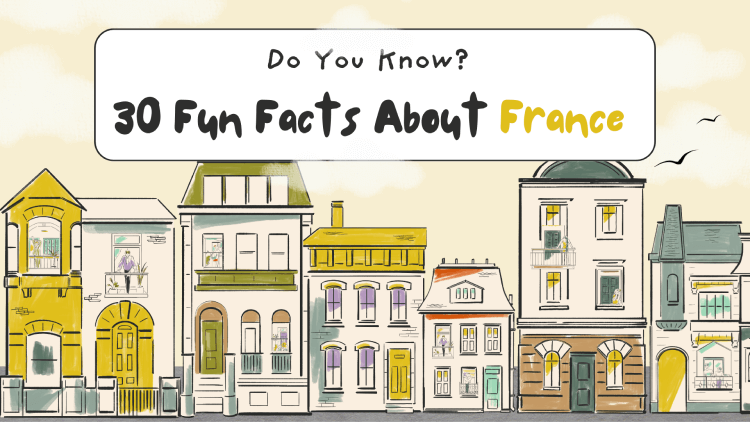
Historical Fun Facts
1. Louis XIX, the shortest-reigning king in French history, ruled for just 20 minutes.
Reign of Louis XIX was the shortest reign on record as it lasted for 20 minutes.
In 1830, his father Charles X abdicated the throne in Louis's favor. Only a short time later, Louis also stepped down and made way for his nephew, the Duke of Bordeaux.
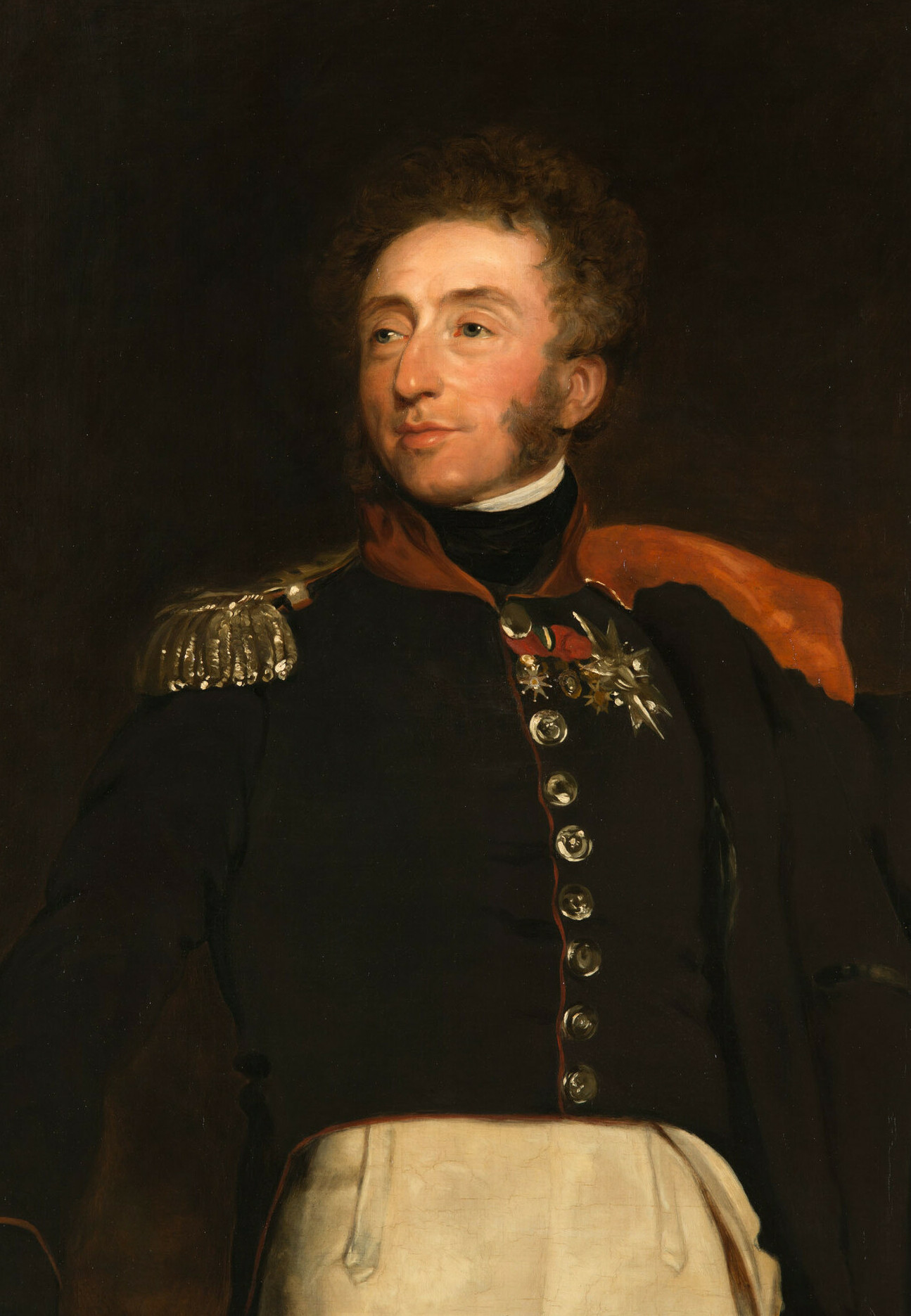
2. The first public screening of a film was in France.
In 1895, France was responsible for the first public film screening. The Lumière brothers presented the marvelous new invention to an amazed audience in Paris.
Since then, the film industry has grown to be one of the largest entertainment industries in the world.
3. The tradition of the bride wearing a white wedding gown began in France in 1499.
The tradition of brides wearing white at their wedding dates back to the wedding of Anne of Brittany to King Louis XII of France in 1499. Before then, women simply wore their best dress.
However, Anne popularized the white wedding dress, and in the centuries since, white has become the traditional color for wedding gowns. Queen Victoria's 1840 wedding only helped enforce the trend.
4. The tradition of the Tour de France goes back more than 100 years.
The Tour de France is one of the biggest cycling races in the world and has been around since 1903.
Since that time, the yearly race has grown into an international spectacle of athleticism and endurance where cyclists from around the globe compete throughout various regions of France.

5. The Eiffel Tower Was Almost Demolished
Designed as a temporary fit for the 1889 World’s Fair, the Eiffel Tower was actually planned to be dismantled after the fair.
However, during World War I, the tower’s usefulness as a communications tower saved it from the scrap heap. Nowadays, it’s one of the world’s most recognizable landmarks.
Legal Fun Facts
6. France made kissing on train platforms illegal in 1910.
In France in the year 1910, a strange law was passed that made it illegal for couples to kiss on the platforms of train stations.
The idea was to keep order so that long parting kisses didn't cause delays for the trains and to ensure that the trains could depart on time. This law is no longer in place, but it represents a unique part of French history.
7. In France, it's against the law to waste food that's still usable.
In 2016, France made history as the first country to outlaw supermarkets from throwing away good food. The new law mandates that any surplus food still fit for consumption must be donated to charities and food banks.
This legislation is an effort to address food waste while simultaneously helping people who are going hungry. It highlights France's dedication to sustainability and making socially-conscious decisions.
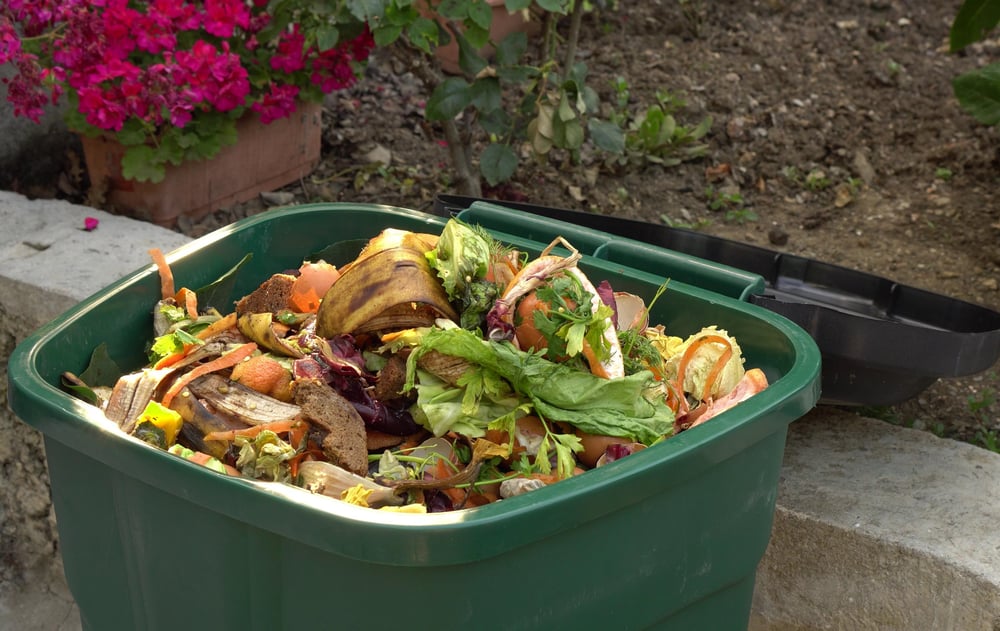
8. France legalized same-sex marriage in 2013.
In 2013, France took a major step toward marriage equality when it legalized same-sex marriage. The law, known as “Mariage pour Tous” (Marriage for All), came after much controversial public debate and protests.
France became the 14th country to legalize marriage for same-sex couples, allowing them equal rights and status.
9. In 2013, France repealed a 200-year-old law banning women from wearing trousers.
France repealed a law passed in the 19th century that required women to obtain permission from the police in order to "dress like men" (wearing pants). Symbolic of furthered gender equality within the country, this change occurred in 2013.
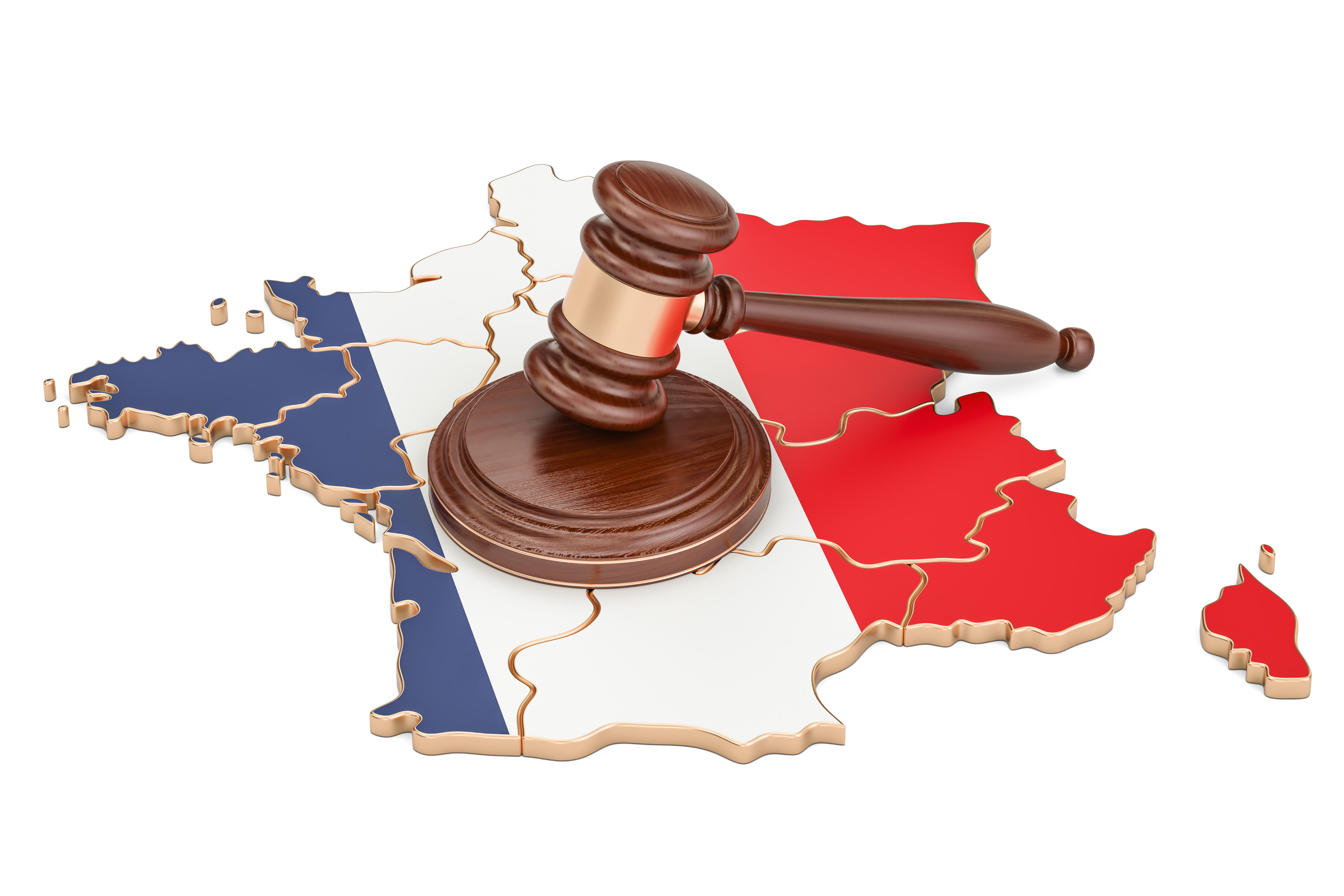
10. You can marry a dead person in France.
In France, posthumous marriage is a possibility in some exceptional circumstances.
If it can be proven that a person’s deceased spouse had the intention of marrying them before they passed away, the living partner may be permitted to wed their dead spouse by the President of France.
This practice has been used in a few legal and emotional contexts, such as for a policeman who lost his life in the 2017 Paris shooting.
11. The French once had a law against beards
In the late 1700s, French King Louis XV declared an edict that all men must be clean-shaven, as a way to prevent lice from spreading. The edict stayed in place until Napoleon Bonaparte ended the ban!
Fun Facts About Food
12. The French eat 25,000 tons of snails each year.
Snails are a French food specialty. They are best known for being in dishes that include escargots, one of the most popular being escargots de Bourgogne.
French people eat about 25,000 tons of snails every year which makes France one of the biggest snail eating countries in the world.
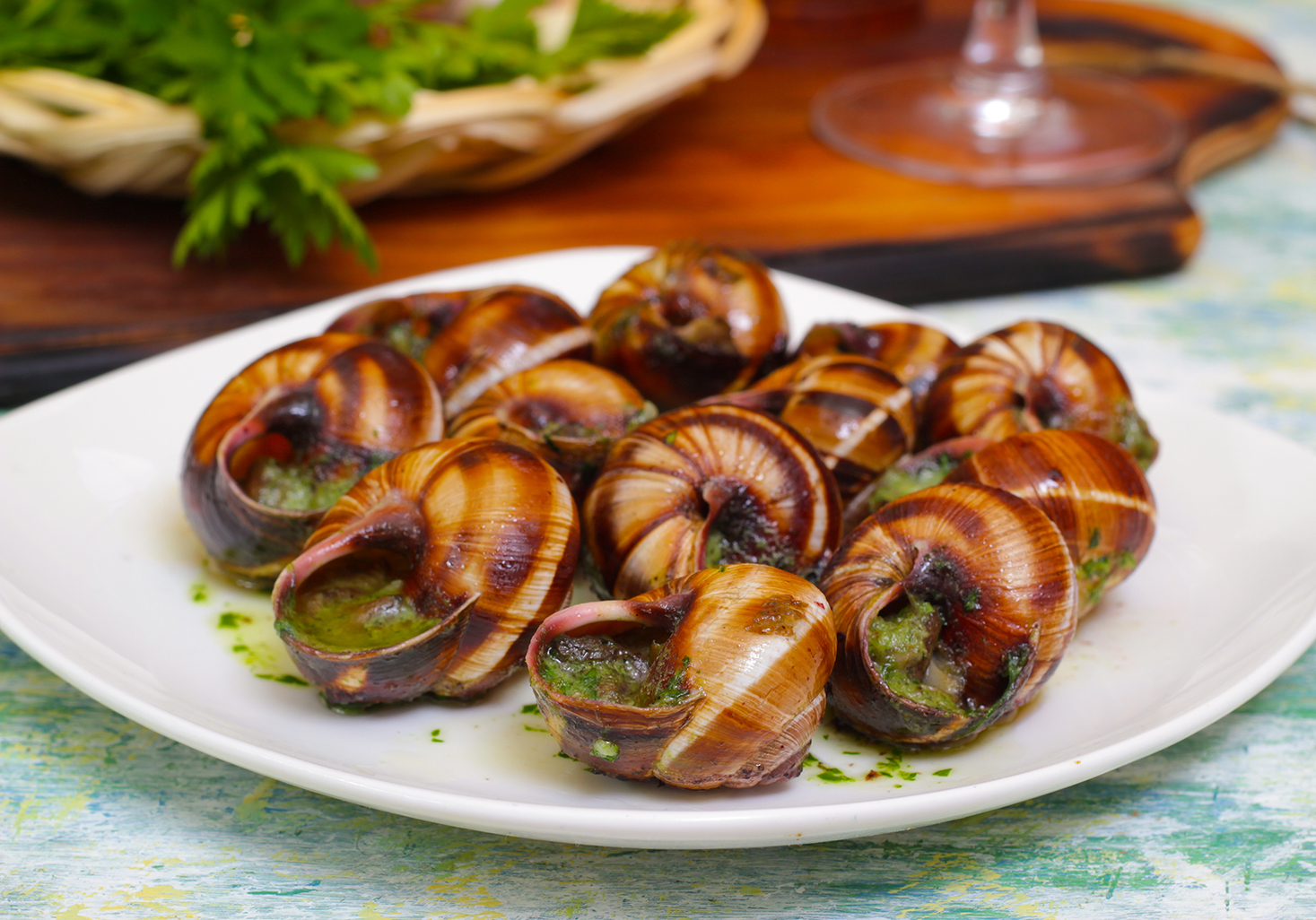
13. Annually, France makes 1.7 million tons of cheese from about 1,600 different types.
Cheese plays a vital role in French culture, and France is famous for the number of different types of cheese it has.
France makes around 1.7 million tons of cheese a year and has around 1,600 different types of cheese.
14. France hosts a yearly competition to find the best baguette
Each year, Paris holds the Grand Prix de la Baguette, with bakers from around the city vying to win the title of best fresh-baked baguette. The victor wins the privilege of baking bread for the French president for a year.
15. French consider it's a bad omen to put a loaf of bread upside down.
In France, a baguette is usually put on the table with the rounded side up. It is thought to be bad luck if you put it upside down, since the French see it as a sign of death (the shape represents a coffin).
This superstition illustrates the significance of bread and the respect for it in French culture.
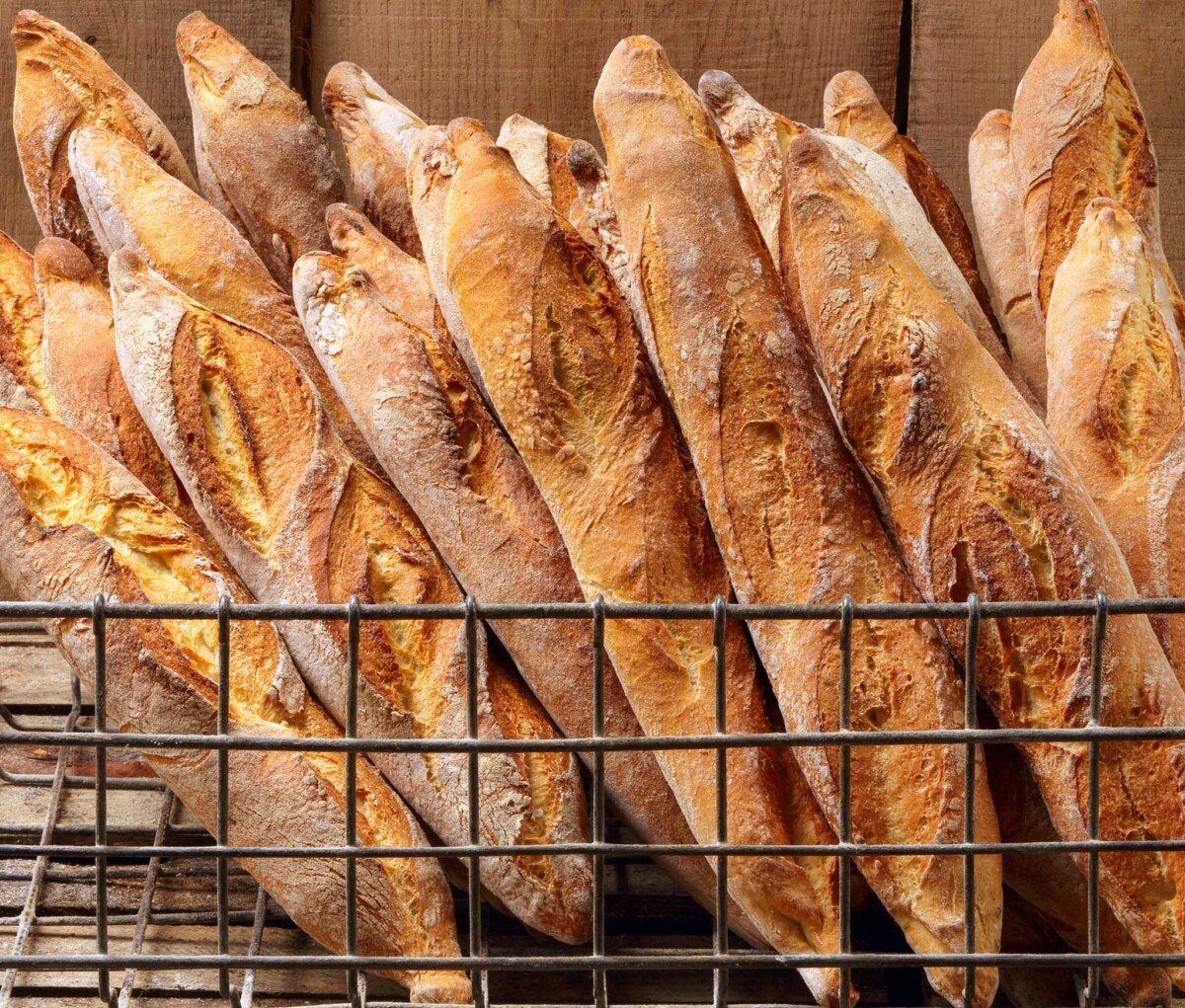
16. Croissants were actually invented in Austria.
Though it is now considered a quintessentially French pastry, the croissant actually originated in Austria.
Created in the 17th century, the kipferl is believed to have been the precursor to the croissant, which evolved when Viennese bakers experimented with new recipes upon arriving in France in the early 19th century.
17. The most expensive wine in the world is made in France.
France has many of the most renowned vineyards in the world, and its wines are among the most expensive. The Bordeaux, Burgundy, and Champagne regions in particular are famous for their premium wines.
For instance, the Château Lafite Rothschild is located in Bordeaux and has been known to smash wine-selling records at auction houses worldwide.
Other Interesting Facts about France
18. The EU’s largest country is France and it is known as ‘The Hexagon’
France is such a uniquely shaped country, it’s sometimes called “The Hexagon” because of its six sides!
As the biggest country in the EU, France is famous for its varied landscapes, offering everything from sunny beaches to alpine-style peaks.
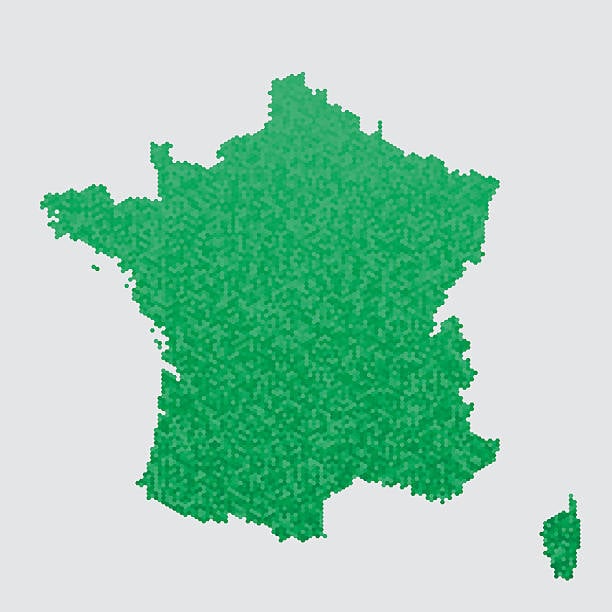
19. Live Snails on High-Speed Trains Require a Ticket.
It is illegal to transport live snails on a high-speed train in France without buying them a ticket! In France, if you have a pet that is under 5 kg, you must buy the pet a ticket to ride the train.
An individual was fined in 2008 for transporting snails on the train without tickets, however the fine was later canceled.
20. Private radio stations in France must broadcast at least 35% of songs in French.
When you listen to a radio station in France, you will hear a lot of French music.
To prevent foreign influences from taking over and to protect the local music industry, French law mandates that 35% of the songs played on a private radio station must be in French.

21. The Eiffel Tower Grows Taller in the Summer.
The Eiffel Tower is taller in the summer by about 15 centimeters due to thermal expansion. The tower is made of iron, which expands in the heat.
As a result, the Eiffel Tower is a few centimeters taller in the summer than in the winter. When winter comes and the structure contracts, the height of the tower decreases to 330 meters.
22. France has the highest number of castles worldwide.
France has over 40,000 castles (châteaux), more than any other country.
These include everything from large palaces like the Château de Versailles to small manor houses, and from medieval fortresses to more modern châteaux. Many have been turned into museums, hotels, or homes.
23. The country that has the most Nobel Prizes in Literature is France.
France is the country with the most Nobel Prizes in Literature. Over the history of the prize – which started in 1901 – France has received 16.
Some of the famous French laureates include Jean-Paul Sartre, Albert Camus, and Patrick Modiano. This underscores the nation’s rich heritage in letters and considerable international presence.
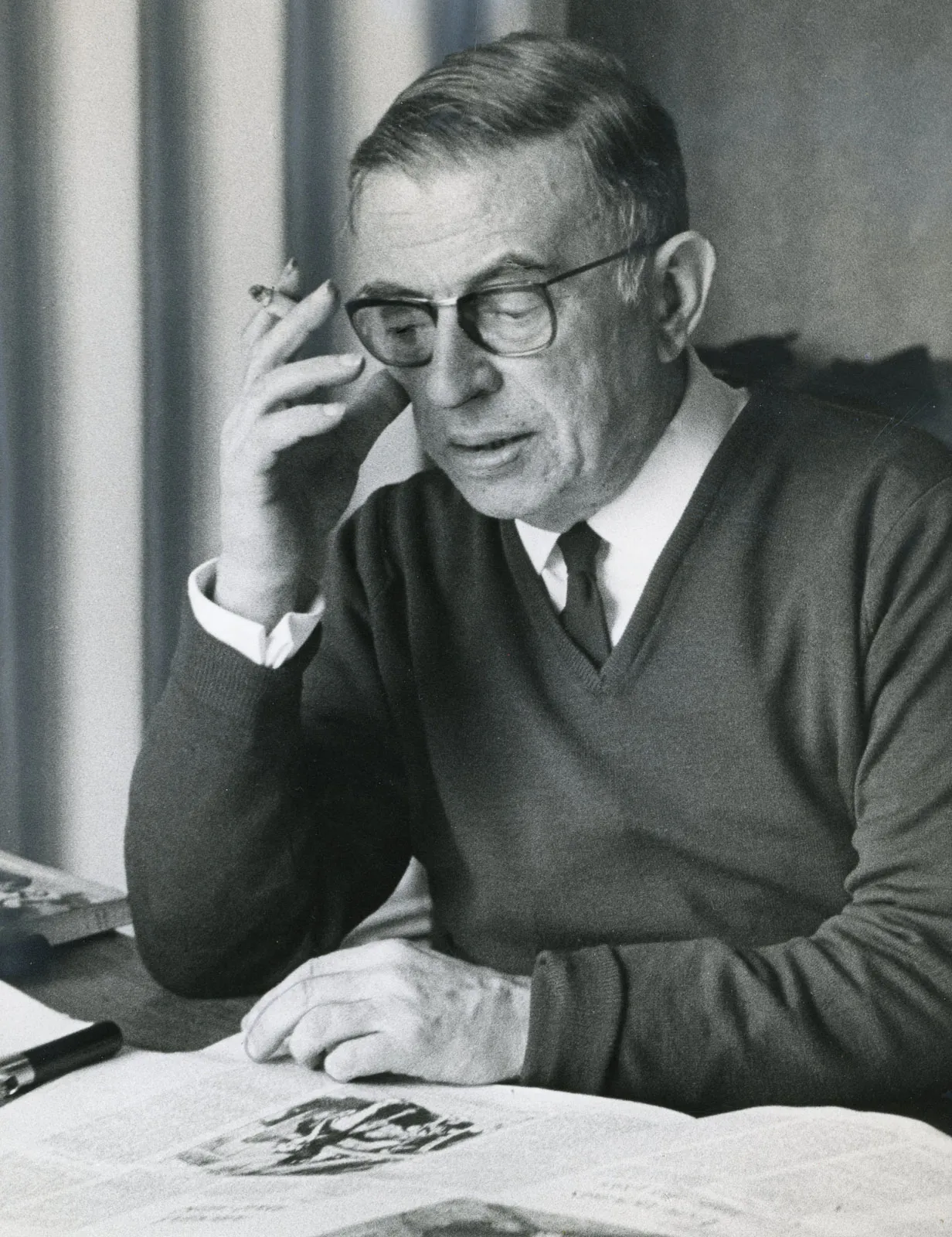
24. There’s a village with no cars in France
Where most of the world battles congestion, the French Alpine village of La Grave does the opposite: it has banned cars. Perched up in the mountains, this small town is a quiet getaway where residents get around on foot or via horse-drawn cart.
25. There is a garlic festival in France.
In the town of L’Isle-sur-la-Sorgue, there’s a festival that honors garlic, with locals and travelers alike coming together to chow down on garlic anything — like garlic ice cream or garlic beer.
26. The French celebrate April Fool's Day differently
On the first of April, it’s common in France for kids to play pranks on people by taping a paper fish (Poisson d’Avril) to the backs of unsuspecting people. It’s a fun and innocent tradition that goes as far back as the sixteenth century!
27. The oldest person ever recorded was French
The oldest verified human was Jeanne Calment of France, who was 122 years and 164 days old when she died. She even met Vincent van Gogh as a teenager!
FAQ
1. What is France's national animal?
The national animal of France is the Gallic rooster.
2. What food is France known for?
France is perhaps most famous for its cuisine, including cheeses, wines, and pastries.
3. What is France famous for?
France is known for its fashion, food, art, and iconic sites.
Summary
These 25 France facts give a glimpse into the nation's rich history, culture, and its splendor.
Walking through cobblestone streets, tasting rich cheeses, and enjoying beautiful landscapes – France gives you plenty to see (and eat!)
Bon voyage!
